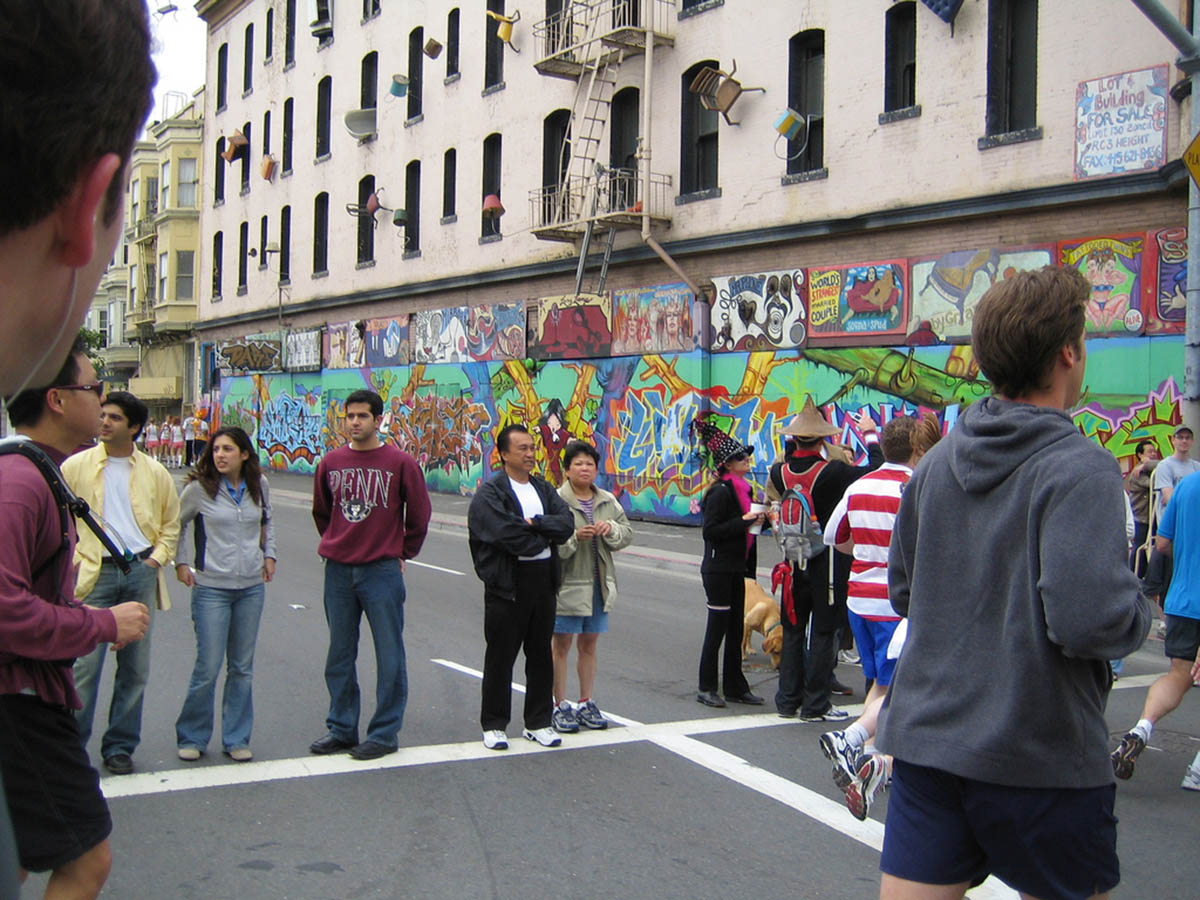Table of Contents
Professor Ervin Staub, who survived the Holocaust himself, pointed out that it isn't only active participants in atrocities who have an impact — bystanders, he said, play a crucial role. He pointed out: "Bystanders, people who witness but are not directly affected by the actions of perpetrators, help shape society by their reactions. Bystanders can exert powerful influences. They can define the meaning of events and move others toward empathy or indifference. They can promote values and norms of caring, or by their passivity of participation in the system, they can affirm the perpetrators."
This article was triggered by a BBC report titled "Inside Islamic State: A Raqqa Diary". A man risked his life to get the story of his experience in Raqqa out to the world. He too reports how he witnessed executions, stonings, and even the death of a friend. In this dire kind of situation, what can you really do but be a bystander? By actively standing up, he would have secured a place for his head next to other severed heads, without changing anything.

October 24, 2009, however, was different. A girl was raped in Richmond, CA as at least 20 witnesses watched, some even taking photos with their phones. "People came by, saw what was happening and failed to report it," a police officer involved in the case noted.
The Bystander Effect
Think back to a situation in which an emergency — a car crash, perhaps, an epileptic fit, or a street fight — was happening. Most of us can readily pull such an event out of the depths of our memories. What did you do, and why? Chances are that you intervened if you were the only or first person on the scene, but not if numerous others were already there. This, a phenomenon called the bystander effect, happens because people tend to assume that someone else is taking care of the situation, that someone else has already alerted the authorities. Furthermore, a person's sense of individual responsibility is immediately reduced if any one person of many could intervene. As such, we feel less guilt when we choose to walk by and do nothing.
Apathy Or Fear?
What does it take for people to intervene in situations where others are being harmed? First of all, in order to act, we need to recognize that something bad is going on. Then, we need to cognitively recognize the situation as an emergency. To a great extent, this depends on how others around us are acting. Of course, in situations where violence and brutality have become everyday realities. rather than emergencies — such as in war zones — we become so desensitized that we slowly start perceiving such events as normal.
Fear, however, is an even stronger emotion than apathy. Standing up, rather than standing by, carries risks. Sometimes, it carries the risk of losing your life. In brutal dictatorships, being caught resisting the regime has predictable consequences that most of us would rather avoid. Something similar is at play when we witness an ongoing crime: what if the attacker has a gun, and what if they turn on us if we try to do something? Even in the absence of potential threats to life, standing up can have social consequences. Have you ever, as a child, witnessed the systematic bullying of another without doing something? The answer is probably yes, and probably because you didn't want to be the next target.
READ Humanization Of Animals In The Name Of Medical Research Needs New Rules To Support Ethics
There are situations in which we honestly can't do anything. The anonymous Raqqa man who got his stories out to the rest of the world may not have been able to stop the woman he saw crouched inside a hole from being stoned for adultery, but he did become an "active bystander" rather than a passive one by risking his life to share his experiences. That, too, is a choice we have. Perhaps his stories will contribute to a worldwide awareness that something needs to be done?
- Photo courtesy of neate_photos: www.flickr.com/photos/neate_photos/5901170207/
- Photo courtesy of maveric2003: www.flickr.com/photos/maveric2003/148849179/
- Photo courtesy of neate_photos: www.flickr.com/photos/neate_photos/5901170207/


Your thoughts on this